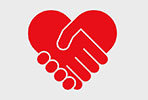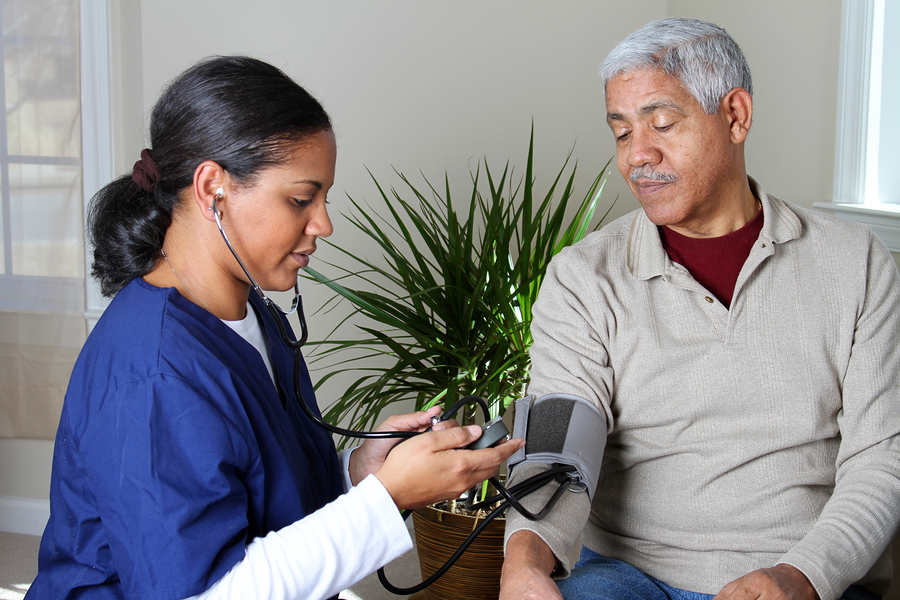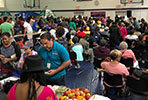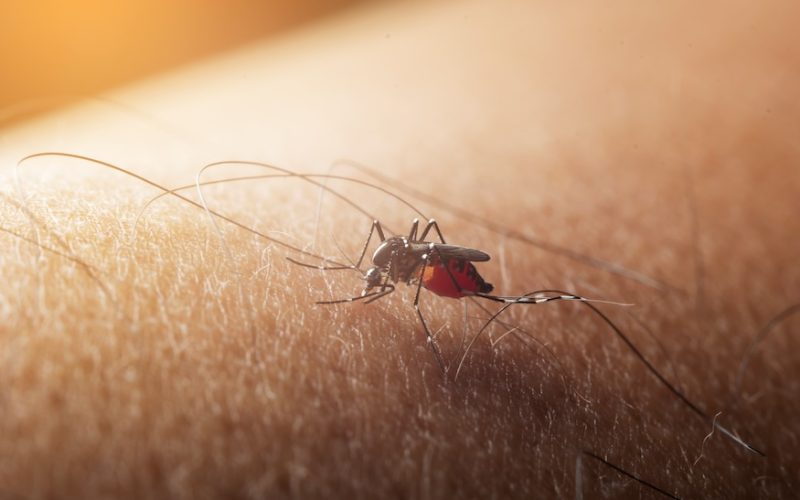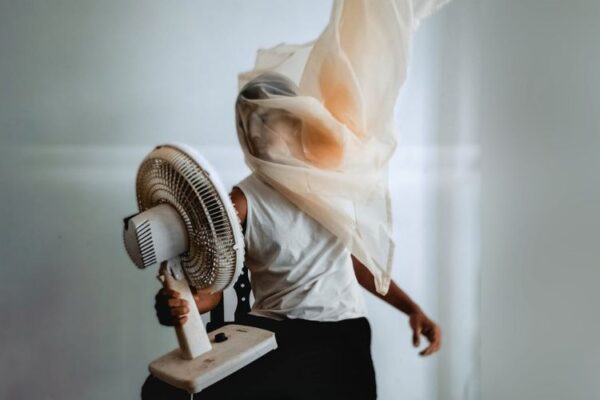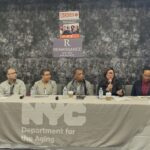A notice published on NYC Newswire says, the NYC Health Department confirmed two human West Nile cases in Queens as the first this season. Mosquito pools from each borough have tested positive for the virus since July.
Two Illnesses Found, More Being Investigated
West Nile fever was diagnosed in one person, who was shortly hospitalized and has recovered. A second individual is still in the hospital after being diagnosed with West Nile neuroinvasive disease (encephalitis). The virus also surfaced in blood donations given by Brooklyn and Staten Island residents. Two Brooklyn residents have suspected cases under investigation.
Mosquito Spread Citywide
Mosquitoes infected with West Nile are active across NYC from May to October, particularly in August and September. On August 22, 2025, 988 mosquito pools had positive results, fewer than the same point last year. City health teams have conducted 10 adulticide sprays, 3 aerial larvicide efforts, 2 catch basin larvicides, and 1,104 ground larvicides so far.
Commissioner’s Advisory
“West Nile can cause dangerous illness, with those over 55 and the immunosuppressed at highest risk,” declared Acting Health Commissioner Dr. Michelle Morse. “Choose EPA-registered repellent, cover up at dawn/dusk, drain standing water, and check your window screens.” For updates, use the NYC Health online map.
Symptoms and Complications
Most infections show no symptoms, but fever, headache, muscle aches, and fatigue can occur. About 1 in 150 infections, mostly among older or immunocompromised people, advance to West Nile neuroinvasive disease with life-threatening brain or spinal cord disorders.
West Nile in NYC: Background
West Nile was first found in the city 25+ years ago. From 2012–2021, annual diagnoses of the neuroinvasive disease averaged 16, rising to 31 cases per year from 2022–2024. Lack of repellent use was common among patients.
Prevention Steps
Officials recommend EPA-approved products (DEET, picaridin, oil of lemon eucalyptus, IR3535), long sleeves and pants in mosquito hours, avoiding outdoors if at high risk, patching window screens, and clearing away water. For approved repellents, check the EPA search tool.
For More Details
Find out more or report water issues via NYC Health: West Nile Virus or by calling 311.

